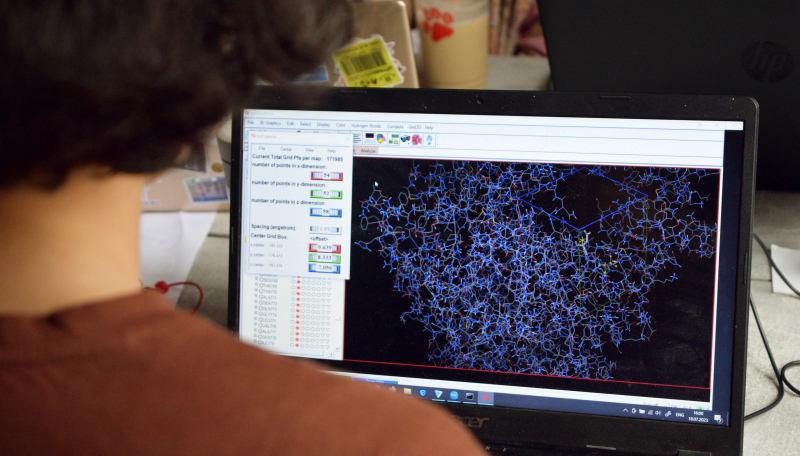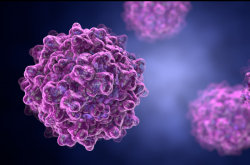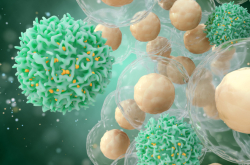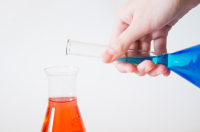Inorganic nanoparticles are used to deliver drugs to cancer cells, lessen side effects, improve the medication’s solubility, and even eliminate tumors altogether. The method, nevertheless, is far from perfect: particles can harm healthy cells, as well, and their synthesis and analysis are time- and money-demanding.
To enhance the process, researchers from ITMO’s Center for Artificial Intelligence in Chemistry (part of SCAMT Institute) trained an AI system to forecast the cytotoxicity of nanoparticles based on their size, charge, composition, and surface. The platform utilizes a genetic algorithm, which functions akin to natural selection, to generate nanoparticles that are only harmful to tumor cells. In addition to creating new tumor-specific particles, it also calculates the selective effect of already-synthesized substances.
Although machine learning solutions for cytotoxicity prediction have been around for a while, the team were the first to incorporate a genetic algorithm into a model, which raised it above current techniques. Additionally, the software provides a percentage-based toxicity rating.
The method was evaluated on a database containing 3,700 results of experiments involving nanoparticles and liver, ovarian, and skin cancer cells.
“Cancer patients go through a lot of pain because their medications are not targeted and cause side effects. We designed our platform for experimental chemists who produce nanoparticles for therapy, but it will also be useful for biologists looking for novel drugs. With the system, they will be able to investigate whether nanoparticles can influence specific lines of cancer cells without having to perform additional tests,” explains Susan Jyakhwo, an author of the paper and a second-year PhD student at ITMO’s ChemBio Cluster.
The researchers are presently modifying the system to combat bacteria and fungi in order to address antibiotic resistance.
The study was conducted as part of the Priority 2030 project.
Reference: Susan Jyakhwo, Nikita Serov, Andrei Dmitrenko, Vladimir V. Vinogradov. «Machine Learning Reinforced Genetic Algorithm for Massive Targeted Discovery of Selectively Cytotoxic Inorganic Nanoparticles», Small, 2023.
Written by Elena Katernyuk, Center for Artificial Intelligence in Chemistry, ITMO University.




